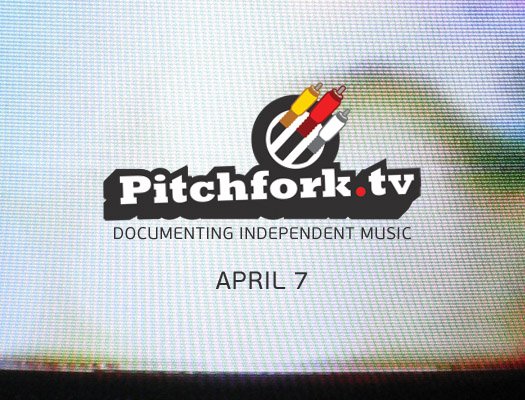Pitchfork Media, an online-only music publication based in Chicago, is working to reinvigorate the lost art form of the music video. On April 7, the publication launched Pitchfork.tv, a Web site devoted to disseminating music culture in video format. The site boasts exclusive interviews with popular bands, a small selection of original content, an endless supply of music videos (over 150 videos were available at the site's launch with a handful added each weekday), week-long broadcasts of music documentaries and special presentations. The music videos equally represent a variety of genres—including rock, experimental, alt-country, pop and electronic—and bands as big as Radiohead and Arcade Fire and as under-the-radar as Ariel Pink or Prefuse 73.
Current shows include "Juan's Basement," "Daytripping" and "Don't Look Down." "Juan's Basement" transmits basement recordings and casual, off-color interviews with bands—"What's your most interesting recent drug experience?" popped up in the first episode—while "Daytripping" visits bands in their hometown neighborhoods, and "Don't Look Down" features bands playing atop a New York City rooftop.
Special presentations take unconventional performance settings a bit further, situating bands in Brooklyn lofts and audio shops, for example. My favorite is the men's club décor of Columbia University's Alpha Delta Phi Literary Society where Vampire Weekend played with Juilliard-trained string musicians and talked about the band's origins.
Despite the underground content, the site is remarkably professional. Even in the Pitchfork Live broadcasts, the recording provides rich, clear visuals and crisp, unmuffled audio. The stream automatically plays featured items, fluidly cutting to each new segment—just like television—but also gives you the option to skip ahead to the next scene or feature. You can click on any of the frames at the top of the page—divided into several categories: music videos, shows, features, Pitchfork Live and one week only (music documentaries)—and a right-column frame shows content from that category without disrupting your video watching. The page is well-designed, but it still has a few structural shortcomings.
Unlike television, pitchfork.tv does not play when you're not around. Each time you open the page, the daily "featured content" will start playing again, and you have to fast forward through it or select one of the category frames in order to get to other items. Currently it's easy to scan through the "show" and "live" sections, but as the programming expands, unless you want to search for one item at a time, you will have to sift through increasingly more content to find what you want to watch. Hopefully, the site will address this issue once expansion begins, but for now it's the only downside to a remarkably functional site.
Despite having a parent site notorious for smugness, Pitchfork.tv's point of view is pretty inconspicuous. In some segments, interviewers are almost completely absent, and always, the focus is on the band. None of the videos on the site have advertising, and the only ad banner is for Pitchfork's summer music festival
A considerable number of online programming currently exist that professionally record and stream videos of under-the-radar talent for free, but their design is less intuitive and less fluid, and they also lack the ability to obtain exclusive footage from big-name artists. In time, other music magazines and other cultural mediums may create sites that compete with Pitchfork.tv, but for now, Pitchfork appears to have a monopoly on music television. Fortunately for fans, they care more about the music than making money.



Comments
Use the comment form below to begin a discussion about this content.